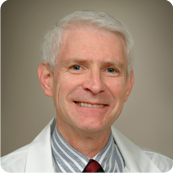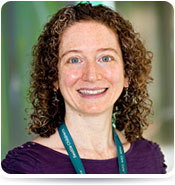Pediatric Vascular Neurology Program
Seattle Children’s has the only pediatric cerebrovascular program in our region.
Seattle Children’s Pediatric Vascular Neurology Program provides world-class, comprehensive care for babies, children and adolescents with stroke and other conditions that affect the brain’s blood flow. These are called cerebrovascular or neurovascular conditions.
Our team cares for your child from diagnosis through treatment and long-term follow-up. We also provide second opinions.
U.S. News & World Report consistently ranks Seattle Children's as one of the top pediatric hospitals in the country and among the nation's best in neurology and neurosurgery. Our pediatric vascular neurology program is the only one in the WAMI region (Washington, Alaska, Montana and Idaho).
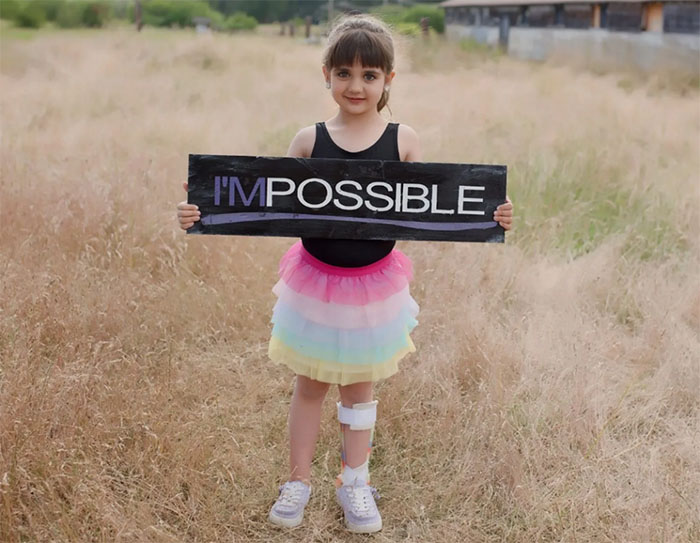 “To have Dr. Amlie-Lefond taking care of our daughter is a great gift. She sat down and explained Makenzie’s exact stroke to us. She drew pictures and talked with us in a way that made us understand how significant this was but how optimistic we should be that Makenzie could recover.”
“To have Dr. Amlie-Lefond taking care of our daughter is a great gift. She sat down and explained Makenzie’s exact stroke to us. She drew pictures and talked with us in a way that made us understand how significant this was but how optimistic we should be that Makenzie could recover.”
— Makenzie’s mom, Jamie, Spanaway, WA
Makenzie Childs returned to doing what she loves most — competitive dance — following a stroke when she was just 4 years old.
Conditions We Treat
We provide coordinated care to meet the complex needs of children with a neurovascular disorder or a condition that increases their risk of stroke or brain injury. Every day, we care for children with acute and chronic cerebrovascular conditions, including:
Stroke
- Arterial
Cerebral vasculopathies
Other conditions
- Cerebral cavernous malformation
- (also called CSVT or CVST)
- Disorders like sickle cell disease that increase stroke risk
What’s special about the Pediatric Vascular Neurology Program and stroke treatment at Seattle Children’s?
Our experts are here when you need us, with a pediatric stroke expert and neurosurgeon available 24 hours a day, 7 days a week. Stroke and other neurovascular conditions affect the whole family. You are not alone. We take care of your child over the long term. We provide urgent care, surgery if needed and keep a watch on your child’s health to help them have the best quality of life. Our program brings together a multidisciplinary team of experts who work together and with you. As needed, we treat underlying conditions and offer rehabilitation so your child has the best possible outcome.
- Our program director, Catherine Amlie-Lefond, is a pediatric and a national leader in this field.
- Our neurosurgeons have some of the best outcomes in the nation for to treat conditions like moyamoya. Children come here from across the country for surgery called pial synangiosis (PEE-ul sin-an-JOE-sis) to improve blood flow to their brain. Dr. Richard G. Ellenbogen performs many of these operations every year on babies, children and teens.
- If your child's condition causes , Seattle Children’s has the largest pediatric Epilepsy Program on the West Coast.
- Doctors who specialize in brain imaging () will plan the your child needs for an accurate diagnosis.
- We make high-quality pictures of your child’s brain and blood vessels using state-of-the-art neuroimaging such as and with , if needed.
- Our are skilled in finding problems and making repairs within blood vessels, using advanced imaging to guide their work.
- We use fMRI (functional magnetic resonance imaging) to map brain function so surgery is as safe as possible for children with epilepsy caused by a stroke or cavernous malformation. We are one of the only pediatric centers in the Pacific Northwest to offer fMRI.
- Our Emergency Department provides immediate care 24 hours a day, 7 days a week for children who need it, such as during a stroke or bleeding from another neurovascular condition. The Emergency Department offers round-the-clock access to Seattle Children’s specialists and the full facilities of our hospital.
- We are experienced in quickly assessing children to understand their exact condition and provide the right treatment.
- Experts on the Pediatric Vascular Neurology team are available to see patients quickly in the hospital or clinic or to perform urgent surgery. We consult with doctors at other hospitals to help stabilize patients and transfer them to Seattle Children’s, if needed.
- The Pediatric Vascular Neurology Program brings together specialists from many areas of Seattle Children’s to care for your child as a team.
- Your child benefits from the combined knowledge and skills of doctors, surgeons, nurses and therapists from Neurology, Neurosurgery, Neurocritical Care, Radiology, Hematology, Cardiology, Rehabilitation Medicine and other specialties.
- Team members coordinate with each other to provide the right care at the right time — not only for cerebrovascular conditions, but for any related problem.
- We also partner with internationally known cerebrovascular interventional experts from UW Medicine and Harborview Medical Center. They have extensive experience treating stroke, moyamoya, arteriovenous malformations and aneurysms.
- For some conditions like cerebral cavernous malformations (CCMs), the cause may be changes (variants) passed down in families. Our neurologists and geneticists work together to diagnose familial CCM. Identifying the precise genetic cause may expand your child’s treatment options.
- Many of the doctors who will care for your child are leaders in research to improve treatment and outcomes for children with cerebrovascular conditions. Our patients have the option to take part in research studies () of promising new treatments.
- We lead a multicenter study on the long-term effect of clot-busting treatment for stroke in children. We offer our patients access to other national clinical trials. These trials study the role of infection in pediatric strokes, seizures in children who have had strokes and early treatment for children with certain conditions that affect brain blood flow.
- Seattle Children’s works with several dozen centers around the world on the International Pediatric Stroke Study (IPSS). IPSS centers combine medical information about hundreds of children who have had a stroke to look for patterns that may lead to better prevention, diagnosis and treatment.
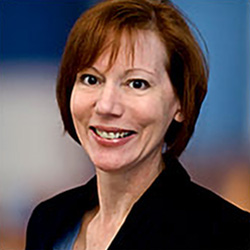

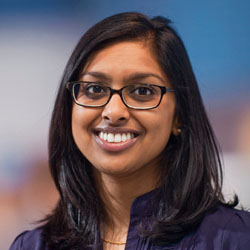

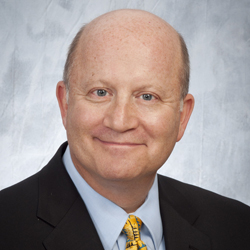

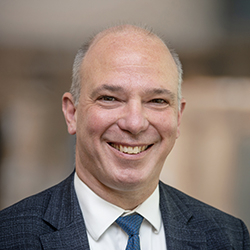

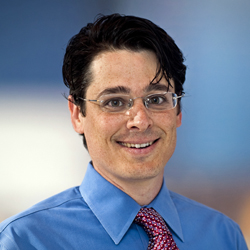



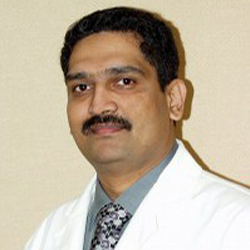

Raju Ghodke, MD
View Profile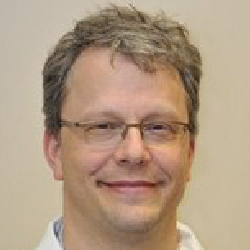

Danial K Hallam, MD, MS
View Profile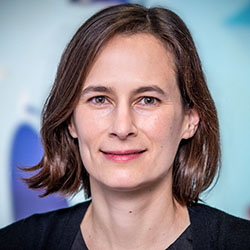



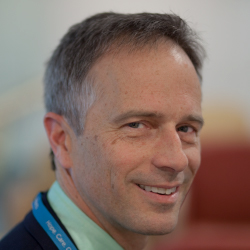

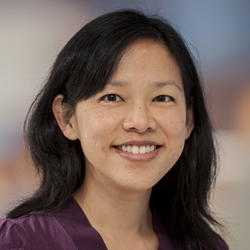

Elaine Y Tsao, MD
View Profile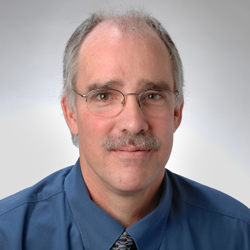

Tony Woodward, MD, MBA
Medical Director, Emergency Medicine; Chief, Division of Emergency Medicine
View Profile